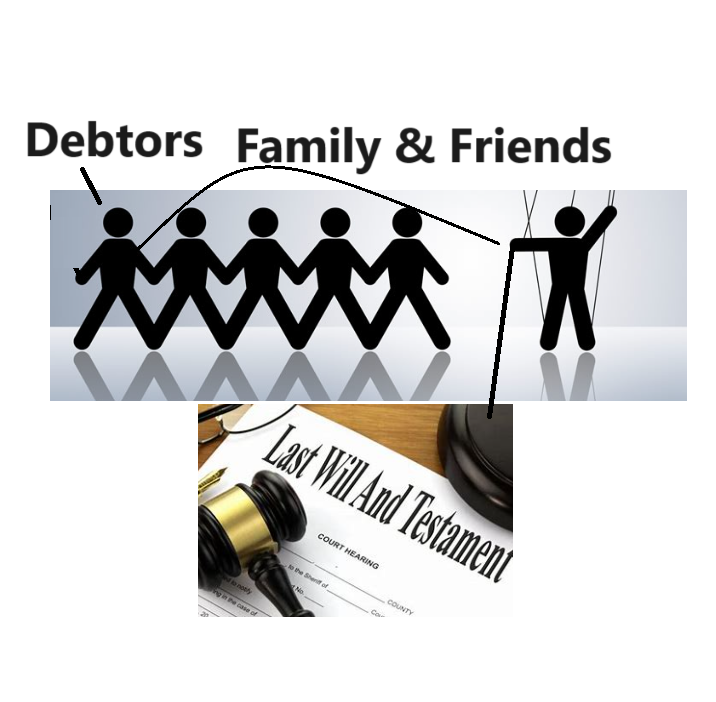Fleming’s Trs v Fleming, 2000 SLT 406
Citation: Fleming’s Trs v Fleming, 2000 SLT 406
Rule of thumb: Do debts get deducted from a will before other bequest? Yes, it is the duty of the people administrating the will to pay off all third party debts before distributing the remains to the best of their ability.
Judgment:
This case affirmed the principle of ‘equity from heritable property payable to debtors first’ – where someone has been left a mortgage which still has debt on it in a will, the trustee converting the will into cash to distribute amongst everyone will have to sell the house, pay off the remainder of the mortgage, and put any money gained from this into the residue of the estate. A person who is left a property in a will does not take over the property and have discretion over what to do with the property themselves – this effectively favours the position of third party debtors over those with legal rights under the will (family members). The facts of this case were that the deceased died when he was heavily in debt to many third parties. He died and left his mortgage to someone in his family under his will. The person who the mortgage was left to in the deceased’s will just wanted to take over the mortgage and live in the house. The third parties who wanted their debts paid back from the deceased’s estate wanted the house to be sold and converted into money for the residue of the deceased’s estate so that they could get a large chunk of their debts paid back, with the person who the mortgage had been left to in the will effectively getting nothing. The Court held that the property had to be sold by the trustee with the proceeds put into the residue of the deceased’s estate, to then be paid to third party debtors, rather than passed straight to the family member in the will. In these circumstances that people third parties are owed debts get paid back before people who property has been left to, ‘At the time when the property passed to the defender it was of little or no value because it was burdened by the debts... She could only take the property subject to that qualification. Because of the peculiar provisions relating to special destinations the property ceased to be vested in the trustee and became vested in the defender on the death... The trustee is, however, in my opinion entitled... in his own right to raise an action against the heir of the provision for the purpose of restoring to the trust estate the value of the property...’, Lord Sutherland at 410

Warning: This is not professional legal advice. This is not professional legal education advice. Please obtain professional guidance before embarking on any legal course of action. This is just an interpretation of a Judgment by persons of legal insight & varying levels of legal specialism, experience & expertise. Please read the Judgment yourself and form your own interpretation of it with professional assistance.

